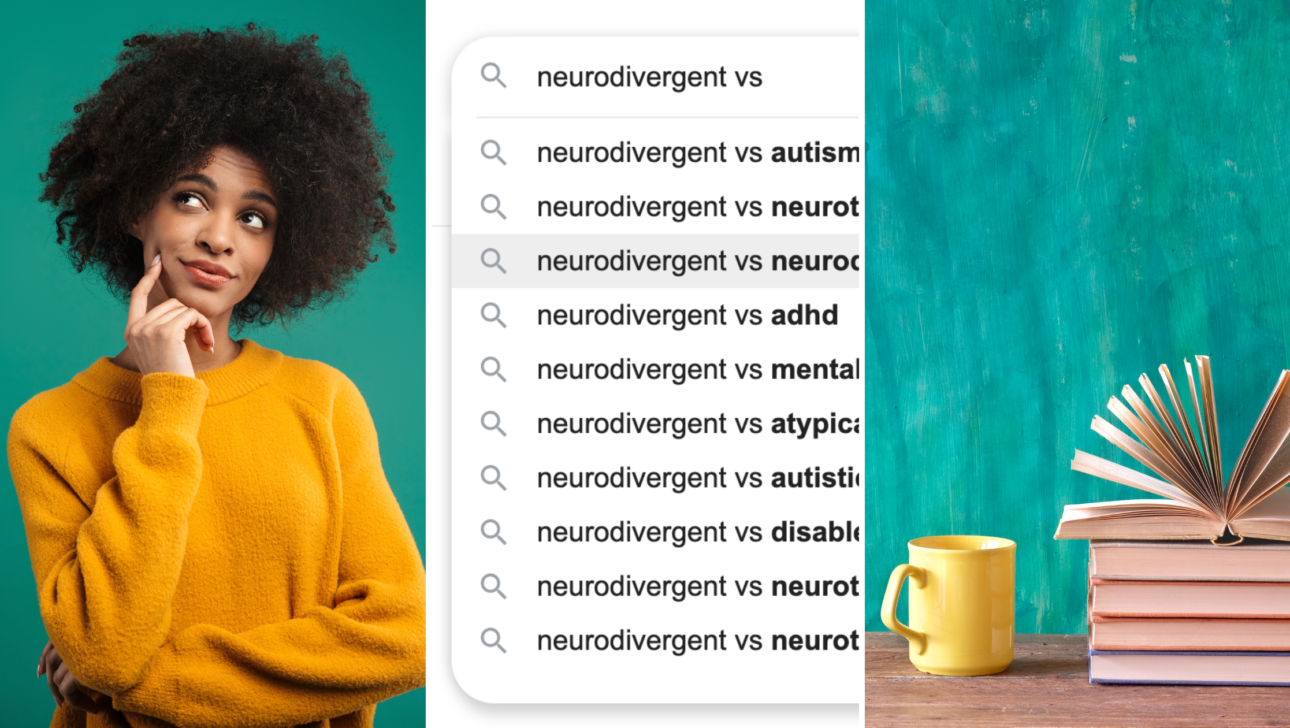Here at Joshin, we are always prioritizing and elevating the voices of disabled and neurodivergent people, staying up to speed on terminology the communities prefer. In this quick read, you’ll find our simple guide to a very important Disability 101 topic: neurodiversity. Below, we outline some of the common language of the neurodivergent community and the differences between commonly confused terms.
Neurodiversity (noun)
The diversity or variation of cognitive functioning in people regardless of diagnosis. Everyone has a unique brain and therefore different skills, abilities, and needs.
Sample Sentence
We strive to have neurodiversity at our company with variation of thought and experience.
Neurodiverse (adjective)
The diversity and variation of cognitive functioning in people, regardless of diagnosis.
Sample Sentence
Our company strives to be more neurodiverse, with variation of thought and experience.
Neurodivergence (noun)
Cognitive functioning which is not considered Neurotypical. Neurodivergence encompasses diagnoses including, but not limited to, autism, dyslexia, dyscalculia, epilepsy, hyperlexia, dyspraxia, attention-deficit hyperactivity disorder, obsessive-compulsive disorder, and Tourette syndrome.
Sample Sentence
Hiring more individuals with neurodivergence is a priority for our company.
Neurodivergent (adjective)
Individuals and groups of people who have a neurodivergence.
Sample Sentence
Hiring more neurodivergent individuals is a priority for our company.
Neurotypical (adjective)
People who do not have neurodivergence and associated diagnoses.
Sample Sentence
Our company strives to have a combination of neurotypical and neurodivergent people with variation of thought and experience.
